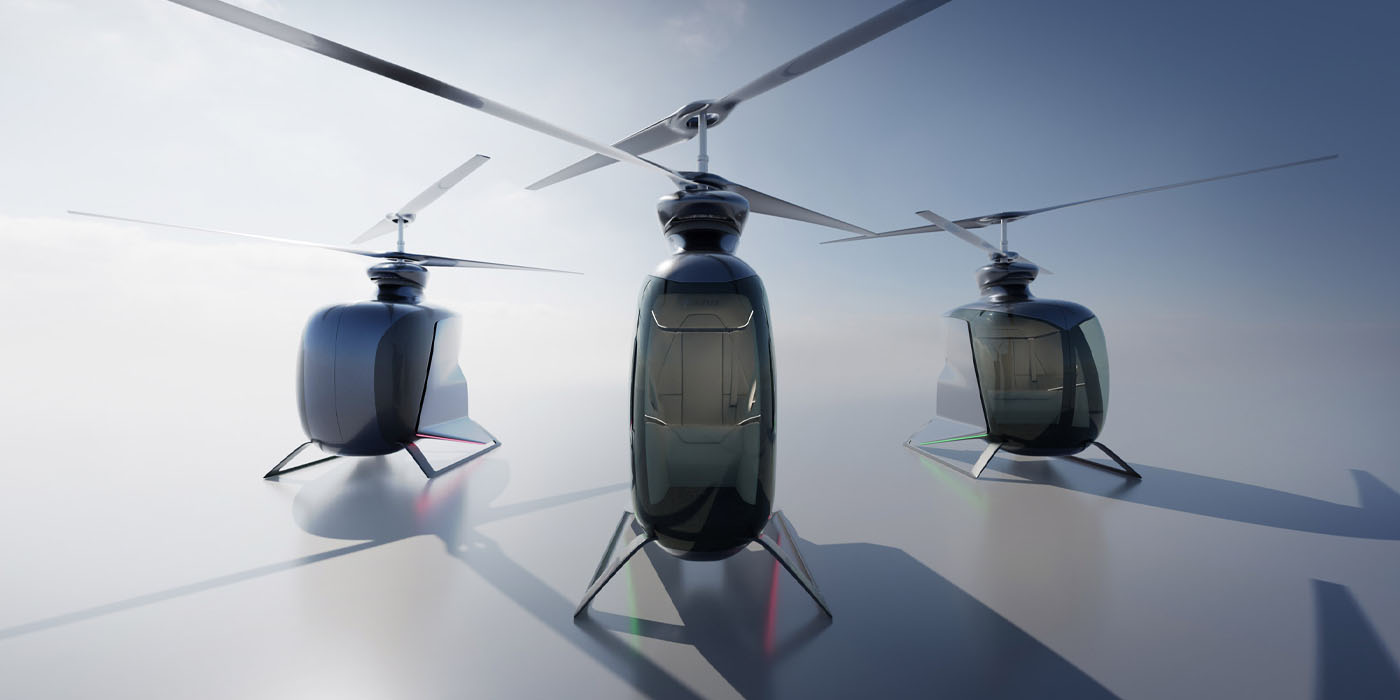Saudis tap FlyNow to deploy thousands of ‘eCopters’ to transport people at Riyadh Expo

Saudi Arabia Holding Co. has announced plans to deploy thousands of “automatic” single—and dual-seat eCopter aircraft from FlyNow Aviation to transport the public during the upcoming Riyadh Expo 2030. These unique electric aircraft will begin with cargo before flying actual people around the kingdom.
The Kingdom of Saudi Arabia remains the “wild East” for nascent technologies, competing against its neighbor Dubai as the mecca of next-generation transport, especially air travel.
We’ve seen several electrical Vertical Takeoff and Landing (eVTOL) developers sign landmark deals to integrate all-electric air travel networks in the Middle East, especially in the United Arab Emirates. However, Saudi Arabia sees the potential of the young sustainable travel technology and is looking to set up its own services ahead of a World Expo taking place in the kingdom’s capital and main financial hub at the end of the decade.
What’s unique about Saudi Arabia’s latest announcement, is that it intends to establish and deploy an arsenal of “eCopters” in the region, which are smaller than many of the eVTOLs we’ve covered in the past. According to a recent announcement on LinkedIn, Saudi Arabia Holding Company has selected FlyNow out of Austria to set up shop in the region and integrate its eCopter technology.
FlyNow will build and operate eCopter tech in Saudi Arabia
Saudi Arabia Holding Company CEO Mohammed AlQahtani reposted details from AVFoil about the eCopter deployment on LinkedIn, relaying that FlyNow intends to open up a regional office in Saudia Arabia ahead of an eCopter production line in Riyadh “in the coming months.”
FlyNow’s eCopters are expected to transport the public during Riyadh Expo 2030. They will exist in two versions – a one-seater and two-seater aircraft capable of transporting up to 200kg (440 lbs) in the larger version.
The aircraft is currently 100% electric and can operate for up to 30 minutes or 50 km (31 miles) on a single charge. However, a hybrid version that adds hydrogen technology should also be able to travel up to 200 km (124 miles). FlyNow states that its eCopter technology is also “automatic,” meaning it flies along a fixed route, and its respective flight path follows a flight plan rather than being autonomous whereas the vessel would need to select a route on its own and make safety-critical decisions in realtime.
To begin, FlyNow intends to test its eCopter technology in the region via cargo transport before segueing into passenger rides. The Austrian aviation startup said it will work alongside local regulatory entities to ensure safe operations. Per the LinkedIn post:
The company aims to collaborate with Middle Eastern regulatory bodies and government groups to establish necessary laws, digital infrastructure, and vertiports. Key partners include the Sky Alliance for Automated Air Mobility (SALAAM), which will support FlyNow by supplying the ecosystem required to realize these ambitions. Skyroads, known for building ‘roads in the sky,’ will help unify traffic management systems in Saudi Arabia, ensuring safety and scalability.
This will be an interesting new segment in sustainable air travel to watch as we approach the 2030 World Expo in Riyadh. See more eCopter footage from FlyNow below:




